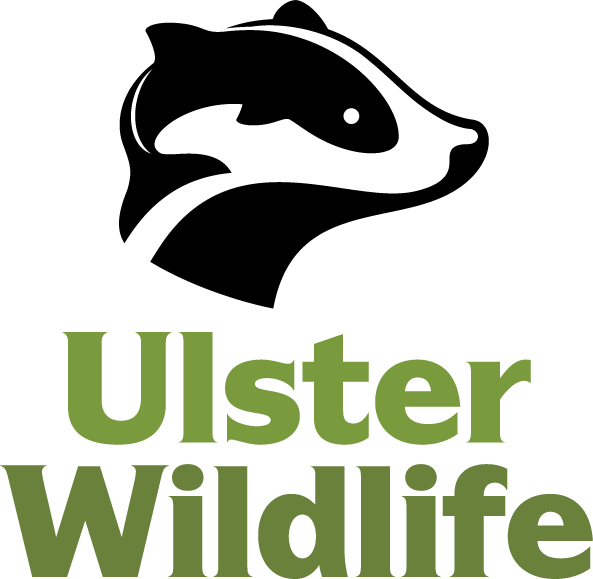
©Mark Hamblin/2020VISION
Eider
The eider is a large seaduck, famed for its soft, downy feathers that are not only used by the bird to line and insulate its nest, but also by humans to stuff our quilts and pillows. It nests around the northern coastline of the UK.
Scientific name
Somateria mollissimaWhen to see
January to DecemberSpecies information
About
Eiders are relatively large seaducks that nest in colonies around the coasts of northern UK, and as far south as Walney Island in Cumbria. Once hatched, the chicks often gather together in a large 'crèche' looked after by a number of females.How to identify
The male eider is a black-and-white duck, with a pale green patch at the back of the head, pinkish breast and pale yellow-grey bill. The female is greyish-brown with delicate barring.Distribution
A common nesting bird around the coasts of Scotland and northern England, the eider winters all around the coast.Did you know?
Female eiders line their nests with soft feathers, or 'down', from their breasts. These feathers were so prized for stuffing pillows and quilts, that the eider nearly became extinct in the 19th century.Watch
Eider (https://vimeo.com/444901913)
Eider by John Bridges
